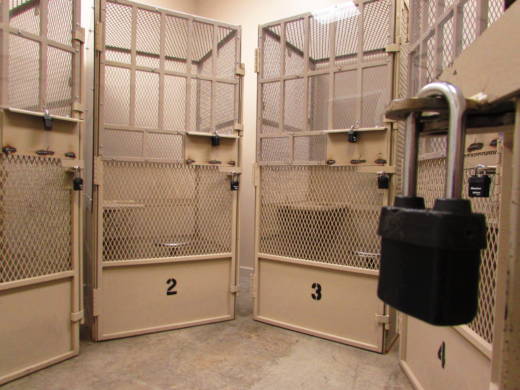California prison officials could face hundreds of thousands of dollars in fines a day if they can't comply with a federal court order to eliminate delays in treatment for the most severely mentally ill inmates.
U.S. District Judge Kimberly Mueller this week threatened to fine prison officials to get them to meet the terms of a 1995 settlement of a decades-old class-action lawsuit. In 2009, state officials agreed that any prisoner with a life-threatening psychiatric crisis would get help within 24 hours. And inmates with severe mental illnesses would receive care within 30 days.
But in February, nearly a quarter of the 671 men and women eligible for acute care waited longer than 24 hours, according to a KQED analysis.
Mueller determined that there are enough "mental health crisis" beds in California. She’s giving prison officials until May 15 to comply with her order to eliminate the waitlist. Starting May 16, California prisons could be required to pay a fine of $1,000 a day for each inmate waiting for treatment.
Attorney Michael Bien, who sued to ensure mentally ill prisoners get the help they need, says that hundreds of people are waiting to get into inpatient programs at state hospitals and special psychiatric units within the prisons.
